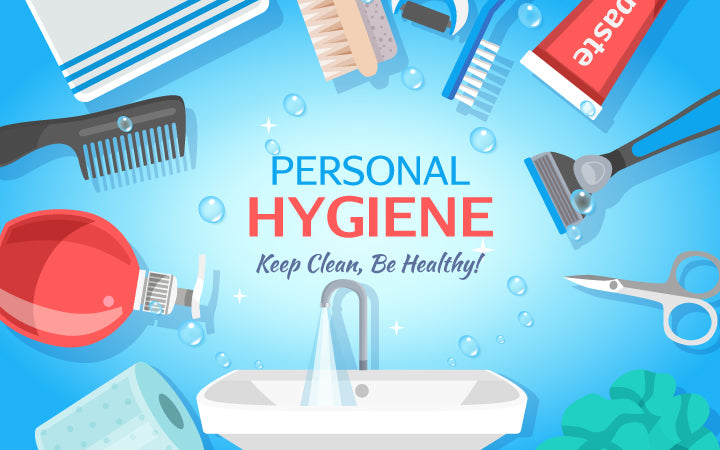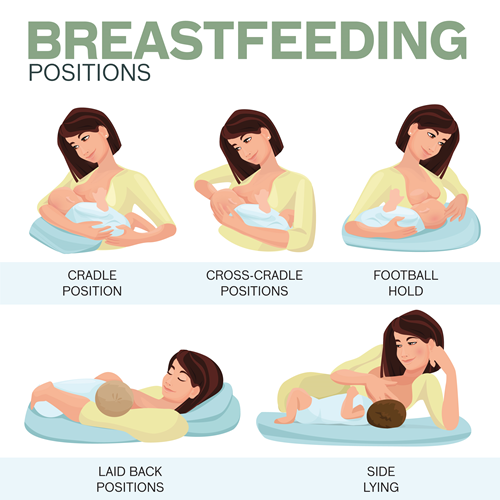Preventive care means taking proactive steps to avoid illness and maintain good health. For Ghanaians, combining modern health advice with traditional wisdom can create a powerful shield against many common diseases. Here’s how you can practice preventive care every day:
1. Stay Up-to-Date with Vaccinations
-
Ensure all children receive their full immunization schedules (polio, measles, yellow fever, etc.).
-
Adults should also get recommended vaccines like tetanus boosters and COVID-19 vaccines.
-
Visit your local health clinic regularly for vaccination updates.
2. Keep Your Environment Clean
-
Regularly clear stagnant water around your home to prevent mosquito breeding (helps fight malaria).
-
Properly dispose of waste and use latrines or toilets to reduce diseases like cholera.
-
Practice regular handwashing with soap, especially before eating and after using the toilet.
3. Eat Nutritious, Balanced Meals
-
Incorporate local superfoods like moringa, bitter leaf, baobab, prekese, and sobolo into your diet.
-
Eat plenty of fresh fruits, vegetables, and whole grains.
-
Limit excessive salt, sugar, and fried foods to reduce risks of hypertension and diabetes.
-
Encourage exclusive breastfeeding for infants in the first six months.
4. Use Mosquito Nets and Protective Measures
-
Sleep under insecticide-treated mosquito nets every night.
-
Use mosquito repellents or coils when indoors.
-
Wear long sleeves and trousers during peak mosquito hours.
5. Exercise Regularly
-
Engage in at least 30 minutes of moderate physical activity daily: walking, farming, dancing, or playing sports.
-
Physical activity helps control weight, blood pressure, and boosts immunity.
6. Avoid Harmful Habits
-
Quit or avoid smoking and reduce alcohol consumption.
-
Avoid self-medicating without professional advice.
-
Use traditional herbal remedies safely and consult health professionals if symptoms persist.
7. Attend Regular Health Check-Ups
-
Get your blood pressure and blood sugar tested periodically.
-
Screen for common cancers (breast and cervical) when age-appropriate.
-
Seek early treatment if you notice symptoms like persistent cough, fever, or unusual bleeding.
8. Practice Good Personal Hygiene
-
Bathe regularly and keep clothes clean.
-
Keep nails trimmed and avoid touching your face with dirty hands.
-
Clean cooking and eating utensils properly.
9. Promote Mental Wellness
-
Connect with family, friends, and community for support.
-
Manage stress through prayer, meditation, or cultural activities.
-
Seek help if you experience prolonged sadness or anxiety.
10. Educate and Empower Your Family and Community
-
Share knowledge about disease prevention and healthy habits.
-
Encourage children to practice hygiene and healthy eating.
-
Participate in community health programs and vaccination drives.
Final Thoughts
Preventive care doesn’t have to be complicated or expensive. By taking these simple, consistent steps, every Ghanaian can reduce the risk of illness, live a healthier life, and contribute to a stronger community.
Remember: prevention is better than cure. Start today and inspire those around you!





Comments (0)
Leave a Comment
No comments yet. Be the first to share your thoughts!